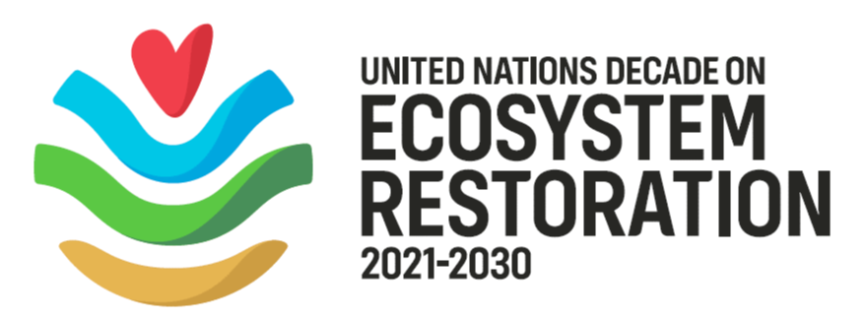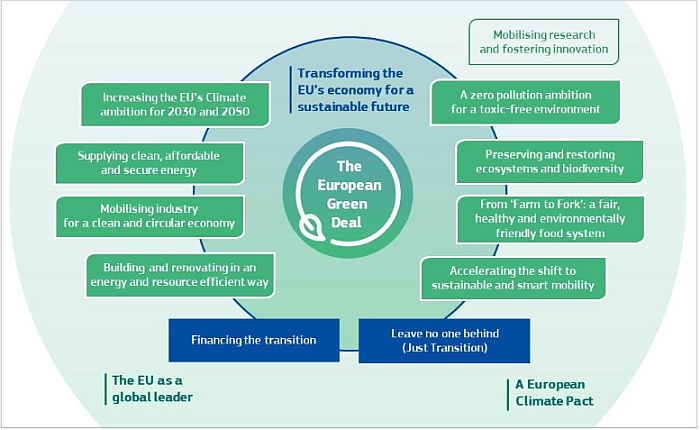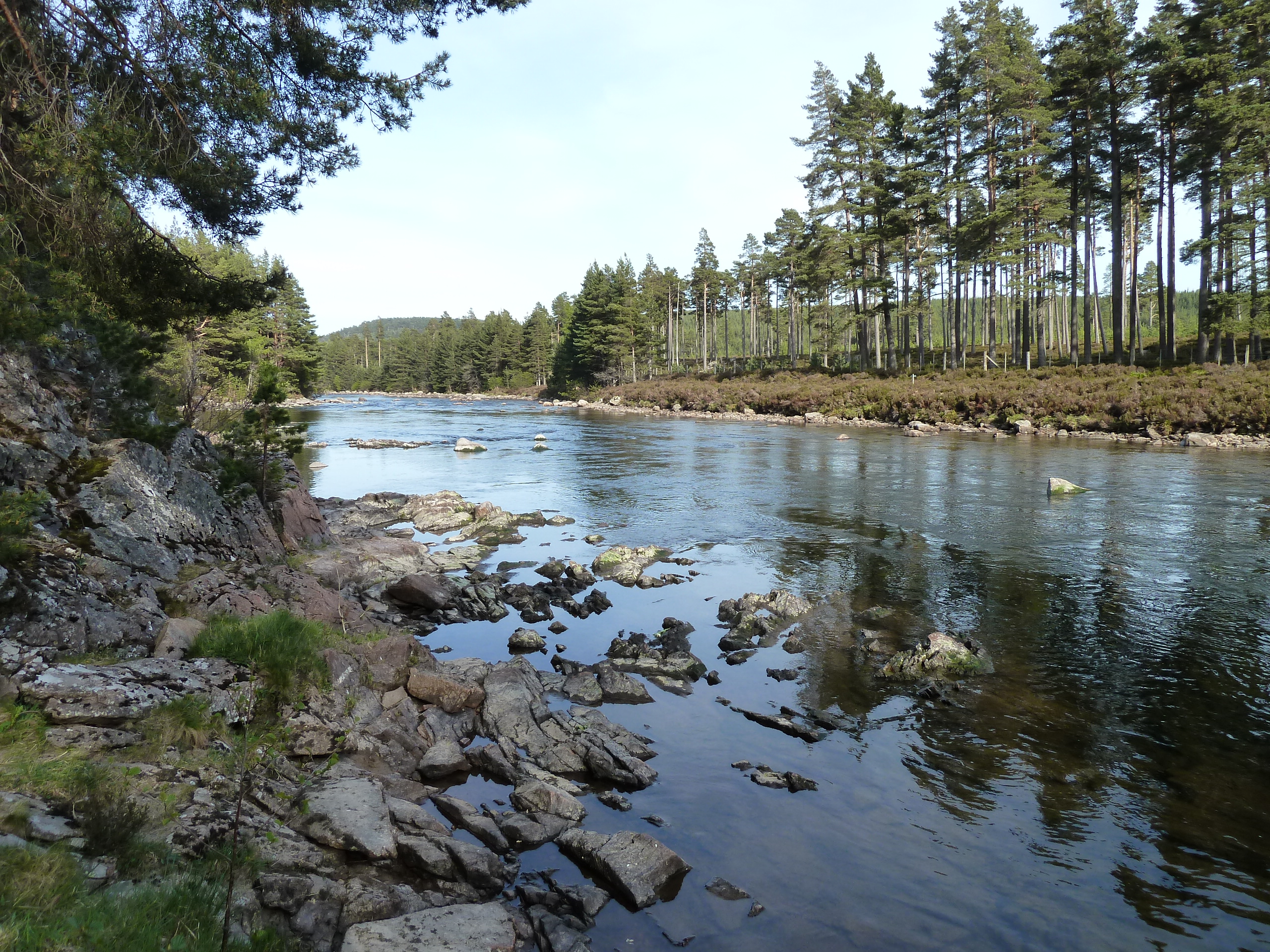

Reports
Narrative report on the Europen River Symposium 2021
The focus of the conference was on the possibilities and opportunities presented by the EU Biodiversity Strategy 2030 and the EU Green Deal as described in the pre-conference statement which is presented below.
The results of the confernce presented in an ECRR Technical Newsletter issue, in a narrative form giving an impression of the discussions, concusions and recommendations ofer new hope that the condition and health of rivers can be improved. The right use of legal and legislative tools, the available funding opportunities together with the dialogue and cooperation between sectors and with staleholders and the public, all using and affecting rivers is the way forward is the overall conclusion from of this report.
Download the narrative report here!
Technical report on key themes and lessons European River symposium 2021
This report can contribute to the work in the coming years on the collective efforts to strengthen and improve the protection and restoration of rivers and their associated landscapes. Hopefully you find the report useful in your own work and that it stimulates and creates opportunities for dialogue and cooperation in those efforts.
Download the technical conference report here!
Session 13 report: Sustainable Agriculture and Water Management: Towards new synergies.
Download the sustainable agriculture and water management report here!
Pre-symposium Statement
State of Europe's Rivers
Despite Europe’s commitment in the legislative and organization effort to improve rivers and to reduce the negative human influences affecting them, European rivers still suffer pollution and damages. The status of rivers and waters within Europe has been well documented by the European Environmental Agency in the report. European waters: Assessment of status and pressures 2018. A key finding of the report is that only around 40 % of surface waters (rivers, lakes and transitional and coastal waters) are in good ecological status or potential, and only 38 % are in good chemical status. A link to the report and the full details can be found here: https://www.eea.europa.eu/publications/state-of-water
Integrating policies
Actions by important economic actors such as agriculture, hydropower, and urban municipal waste water services, and various industrial production sectors are all key to improvements made and in future needed. European initiatives such as the Water Framework Directive and the newly released Green Deal and Biodiversity Strategy offer new hope that with the right use of legal and legislative tools together with dialogue and cooperation between sectors using and affecting rivers that their condition and health can be improved.
EU Water Framework Directive
The EU Fitness check of the WFD and related Directives was an important opportunity to highlight the areas of success, but also some areas of concern of the directives planning and implementation activities and work. However, it is generally not the WFD and RBMP instruments causing problems in achieving results. The challenge to be addressed is still improved and accelerated implementation at the local, regional and national levels. With the following principles:
• From policies to practices • From research to concepts • From demonstration to implementation • From monitoring to evaluation • From costs to (multiple) benefits, the symposium will seek to support efforts aimed at improving and accelerating the water directives implementation.
EU Biodiversity Strategy
Moreover, the EU Biodiversity Strategy 2030 states that greater efforts are needed to restore freshwater ecosystems and the natural functioning of rivers. To make help this reality, at least 25,000 km of rivers should be restored into free-flowing rivers by 2030. Technical guidance and support to the Member States will be provided by the Commission in 2021, in consultation with all relevant authorities, taking a wide range of issues into account, including hydropower generation, flood management, water supply, agriculture and navigability. Overall, large scale river and floodplain restoration investments should provide a major economic boost to the restoration sector and for local socioeconomic activities such as tourism and recreation. At the same time, these investments can improve water regulation, flood protection, nursery habitats for fish, and the removal of nutrient pollution. While the promotion of healthy ecosystems, green infrastructure and nature-based solutions should be systematically integrated in policies and planning, specifically in urban areas. The symposium will discuss, explore, and propose new institutional cooperation, integrative approaches, various innovations, guidance, education, training, financing, and funding mechanisms therefore needed.
EU Green Deal
The EU Farm to Fork Strategy is at the heart of the Green Deal with an urgent need to reduce dependency on pesticides, antimicrobials, reduce excess fertilisation, increase organic farming, improve animal welfare and reverse biodiversity loss. The Commission will help to build a European Business for Biodiversity movement making it an integral part of the European Climate Pact. The European Green Deal is a plan to make the EU’s economy sustainable by turning climate and environmental challenges into opportunities and making the transition to climate neutral in 2050 just and inclusive for all. The symposium will seek how to include, by developing nature-based solutions in combination with suitable financing and funding mechanisms, the Climate Pact actions into the Integrated River Basin Management Plans and implementatio

Symposium Format
The Symposium brings together a wide Partner network of key organizations in Europe dealing with Rivers that will both guide the content and discussions that will be held at the Symposium but ensure that actions and activities will follow on from the Symposium that will influence the management and actions affecting rivers.
The Symposium will focus on being:
- Provide and integrated perspective on ecological river restoration to implement WFD and related Directives.
- Ensure active involvement of sector impacting on rivers (i.e. agriculture, producing industry, water utilities, energy, navigation, tourism)
- Dynamic and interactive with Policy Briefs setting the stage and discussions and panels that ensure dialogue and interaction among participants.
Symposium deliverables.
- Narrative conference report
- Renewed / extended (symposium) partnership
- Demonstrative case studies
- Conference statements and concrete proposals on specific subjects
- Combined action plans of conference partners
- Conference conclusions and recommendations
- Thematic policy briefs
- Guidance Documents
